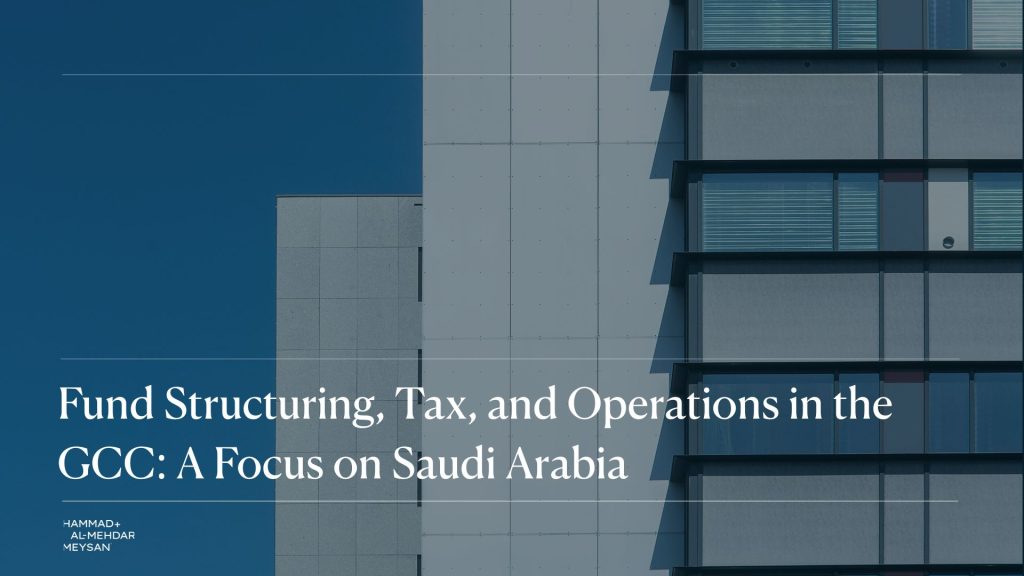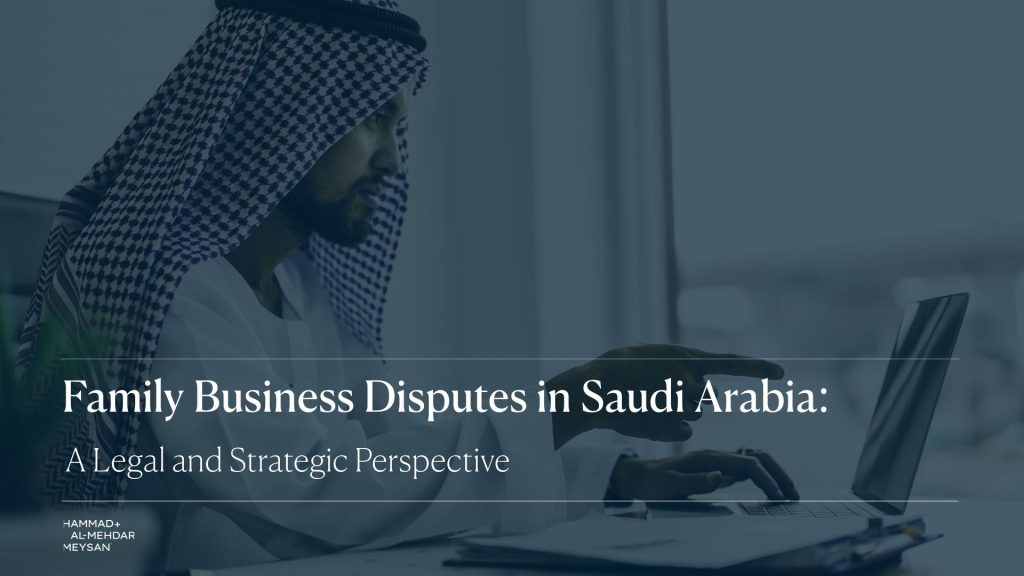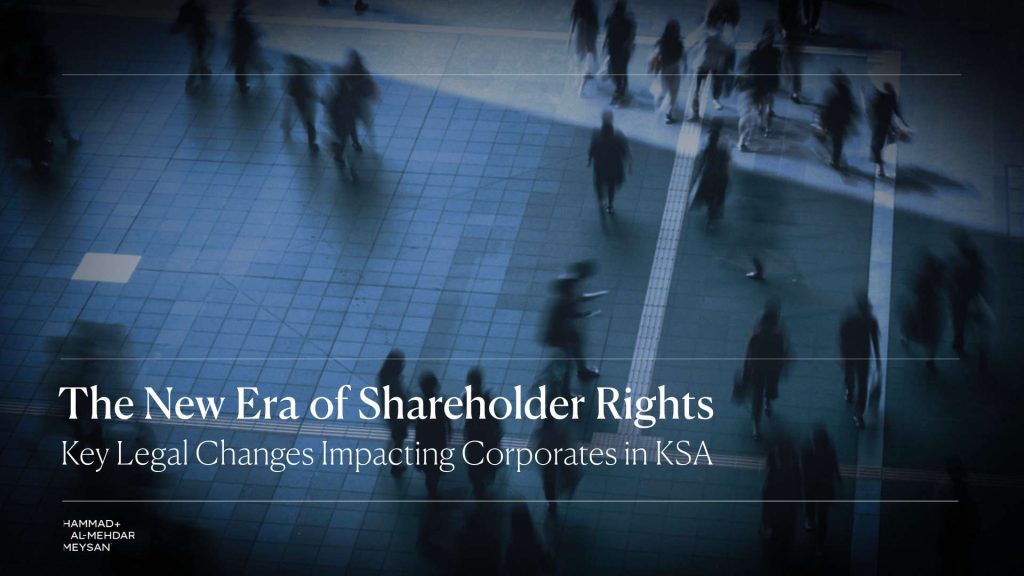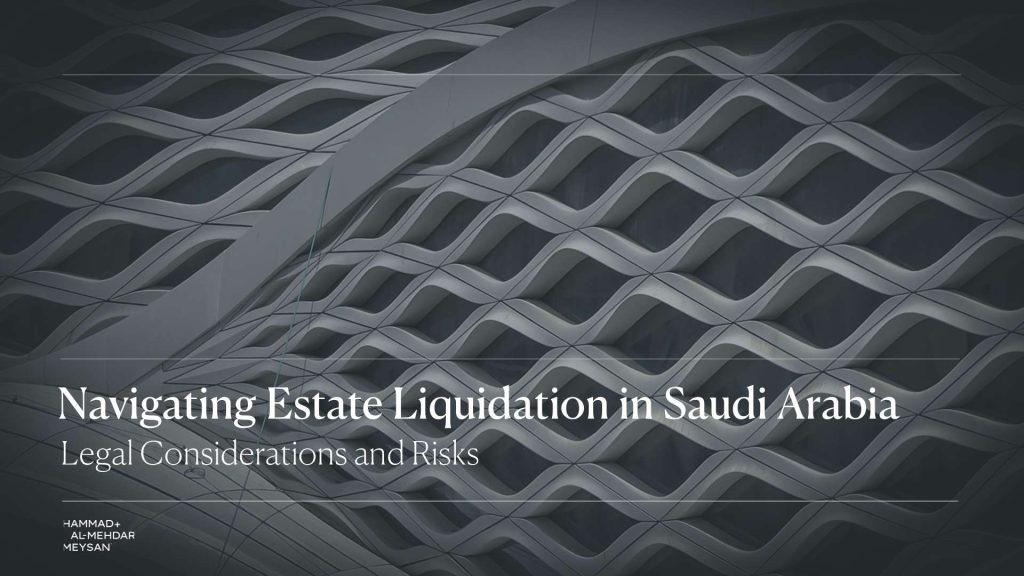
Employment contracts form the legal backbone of professional sports in Saudi Arabia, providing clarity on the rights, obligations, and responsibilities of athletes, coaches, technical staff, and administrative personnel. As the sports sector grows under Vision 2030, legal frameworks governing these contracts have become increasingly critical to ensure transparency, fair treatment, and compliance with national labour law and sporting regulations. Effective employment agreements not only protect the interests of clubs and sports organisations but also safeguard athletes’ professional and financial rights.
Legal Framework Governing Sports Employment
Employment contracts in Saudi sports are primarily regulated under the Saudi Labour Law, supplemented by regulations issued by relevant sports authorities such as the Saudi Arabian Football Federation (SAFF) and other national sports federations. The law sets out general employment standards, including minimum working conditions, termination procedures, dispute resolution, and protection of employee rights. Sports-specific regulations complement these standards by addressing the unique aspects of professional sports, such as fixed-term contracts, transfer eligibility, and performance obligations.
Key Elements of Sports Employment Contracts
A legally valid sports employment contract typically includes the identification of parties, duration of employment, salary and benefits, performance expectations, and termination clauses. Specific clauses may also address training obligations, participation in competitions, injury management, sponsorship responsibilities, confidentiality, and non-compete provisions. Including these elements ensures that both the employer and employee clearly understand their commitments, mitigating the risk of disputes and supporting long-term professional relationships.
Financial and Remuneration Considerations
Salaries, bonuses, and other financial benefits must comply with the Saudi Labour Law while reflecting industry standards for the specific sport. Contracts should clearly define payment schedules, bonus eligibility conditions, and procedures for delayed or disputed payments. Transparent remuneration clauses protect athletes from financial uncertainty and provide clubs with a framework to budget effectively for staffing costs. In professional leagues, compliance with licensing and financial fair play requirements also influences contract structures, ensuring sustainability across the sports sector.
Termination, Renewal, and Dispute Resolution
Termination clauses in sports employment contracts often address voluntary resignation, mutual termination, and breach of contract, including specific provisions for performance failure or disciplinary issues. Saudi Labour Law provides a legal framework for resolving employment disputes, which can be further supplemented by arbitration or mediation mechanisms agreed upon in the contract. Including clear procedures for contract renewal or extension allows both parties to plan for continuity, while formal dispute-resolution provisions ensure conflicts are handled efficiently and fairly.
Regulatory Compliance and National Obligations
Sports employment contracts must also consider national obligations such as Saudisation policies, visa requirements for foreign employees, and adherence to federations’ licensing rules. For foreign athletes and staff, employment agreements must ensure compliance with the Ministry of Investment and the Ministry of Human Resources regulations, including those related to work permits and residency status. These regulatory requirements provide a structured framework for lawful employment and protect both clubs and employees from legal risks.
Strategic Importance for Clubs and Athletes
Well-drafted employment contracts are essential tools for clubs to attract and retain talent, maintain operational stability, and ensure financial prudence. For athletes, these contracts provide certainty regarding remuneration, career progression, and legal protection, while enabling participation in professional competitions under regulated conditions. Legal clarity in contracts enhances professional standards across the sports sector, contributing to the broader objectives of developing Saudi Arabia into a leading sports hub.
Employment contracts in Saudi sports are more than formal agreements; they are key instruments for legal compliance, financial stability, and professional development. By adhering to labour law requirements and integrating sport-specific provisions, clubs, athletes, and technical staff can navigate the complexities of professional sports employment with confidence. A robust legal approach to contracts strengthens the integrity of sports organisations, safeguards stakeholders’ rights, and supports the sustainable growth of the Saudi sports ecosystem.









